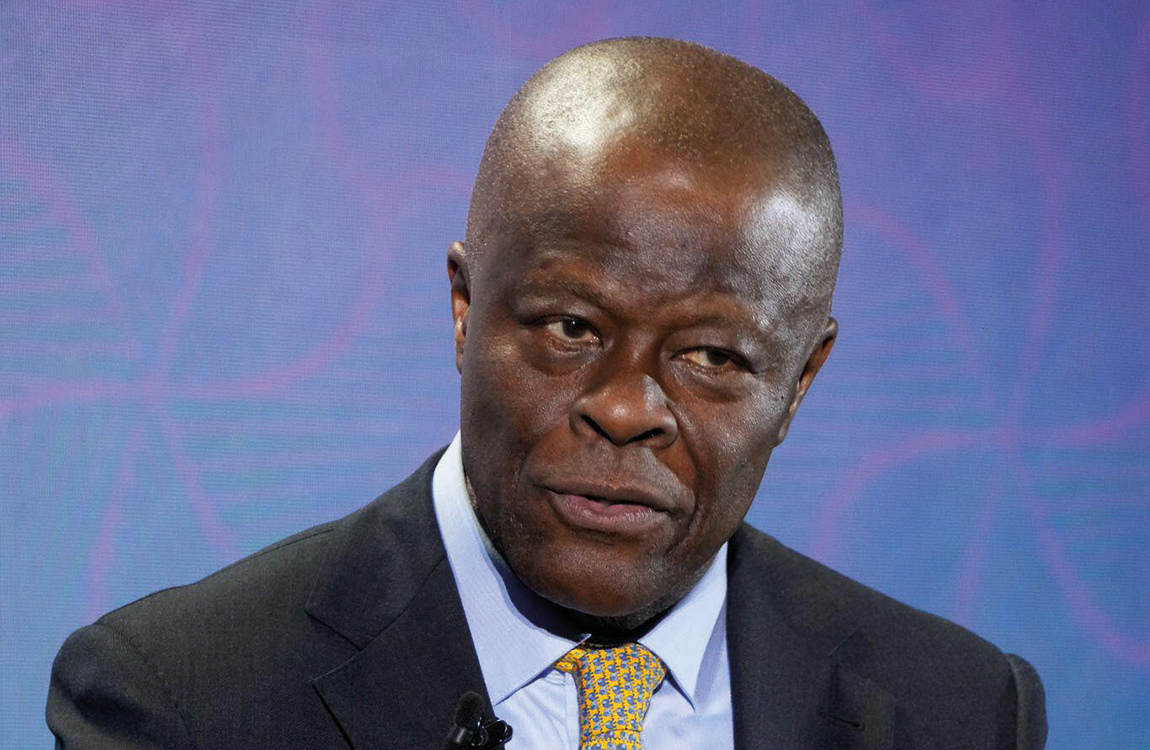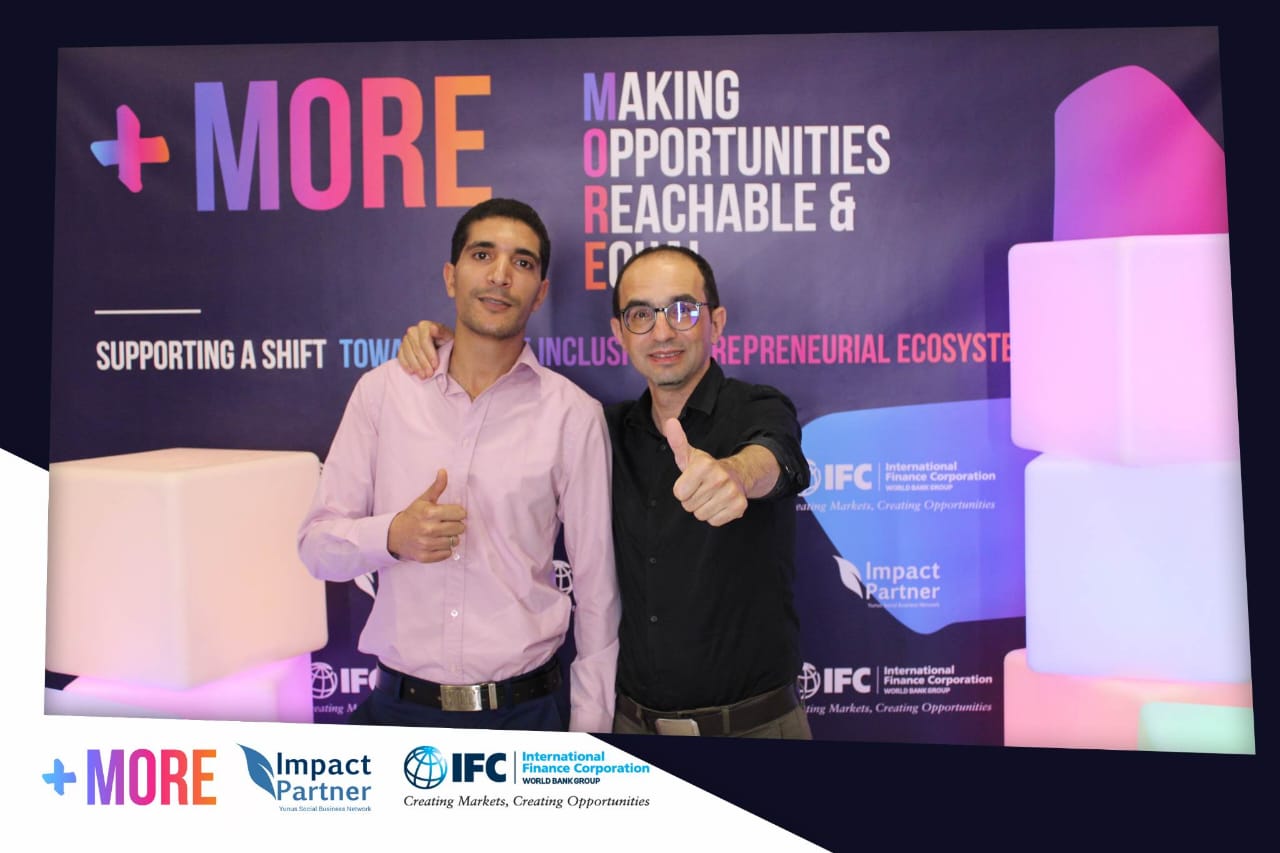Moroccan AgriTech Startup Sand to Green Secures $50K Grant to Boost Sustainable Farming Expansion
Sand to Green, a Moroccan agrotechnology startup focused on transforming degraded land into fertile farmland, has secured a $50,000 grant at the DeepTech Summit 2025. This funding boost will support the company’s expansion plans across Africa, the Middle East, and Southern Europe. The award, presented in the Green Economy category, was granted during the summit held on May 8–9 at the Mohammed VI Polytechnic University (UM6P) in Benguerir, Morocco.
The grant underscores the rising investor interest in the agriculture technology-as-a-service (AaaS) sector across Africa. Other companies in the space, such as South Africa’s Aerobotics, have also garnered significant attention, raising a combined total of $26.8 million in funding.
This surge of interest in Sand to Green coincides with ongoing investments by the Moroccan government and the World Bank through initiatives like the Morocco Digital and Climate Smart Agriculture programme. As technology becomes an essential driver for scalable farming, investors are increasingly backing startups capable of capturing a share of Morocco’s $12.39 billion agriculture market while advancing innovative tech solutions.
Sand to Green’s innovative model combines satellite-based land analysis, solar-powered desalination, and regenerative agroforestry to convert arid landscapes into fertile and sustainable farmland. The company states that the grant it has received will accelerate its expansion efforts and strengthen its presence in regions particularly vulnerable to desertification and climate-induced food insecurity.
“This international recognition marks a pivotal moment for us,” said Benjamin Rombaut, CEO and co-founder of Sand to Green. “It validates the idea that Deep Tech can be a transformative tool for ecosystem restoration, combating desertification, and creating sustainable economic opportunities in partnership with local communities.”
Established in 2021 by Rombaut, Gautier de Carcouët, and Wissal Ben Moussa, Sand to Green has secured $1 million in seed funding from investors such as Norway’s Katapult and the Catalyst Fund.
The company operates at the nexus of two pressing global challenges: climate resilience and food security. According to the United Nations (UN), more than 40% of the Earth’s land is already degraded, impacting half of the world’s population and causing economic losses of up to $6 trillion annually. In Africa, desertification leads to the loss of approximately 3 million hectares of forest and arable land each year. This degradation results in an estimated 3% reduction in the continent’s GDP annually due to soil and nutrient loss, according to the Food and Agriculture Organisation (FAO), compelling African nations to spend over $35 billion on food imports.
Sand to Green combines environmental intelligence—such as soil composition, climate trends, and land topography—with local agricultural knowledge to craft tailored agroecological systems. Each project is co-created with input from rural communities, farmers, and local institutions—a collaborative approach the company believes is key to long-term sustainability and strong community engagement.
The company generates income by designing and managing sustainable farms that produce high-value crops including nuts, grains, and herbs. Additional revenue streams include consulting services, land development, and the creation of carbon credits, which are sold to companies aiming to offset their carbon emissions.
Headquartered in Morocco, Sand to Green is currently active in the country and is planning further expansion within the Tan-Tan region. The agrotechnology startup is supported by NextAfrica, a pan-African accelerator led by UM6P and Paris-based STATION F, which offers strategic guidance, mentorship, and investor connections to emerging startups.
By blending ancestral land management practices with cutting-edge satellite and water technologies, Sand to Green is building a scalable model—both economically and ecologically—that it hopes will help tackle one of the world’s most urgent environmental challenges.












